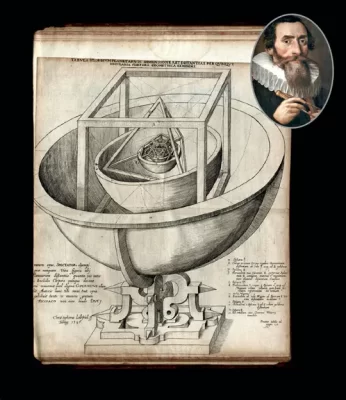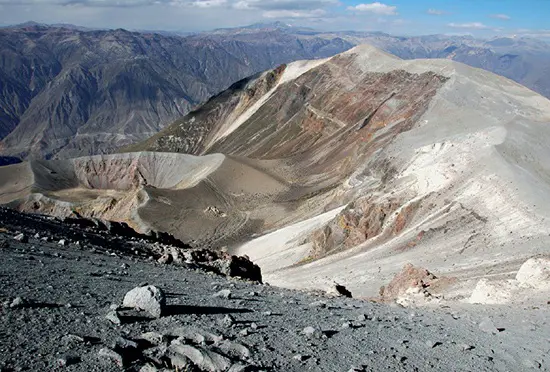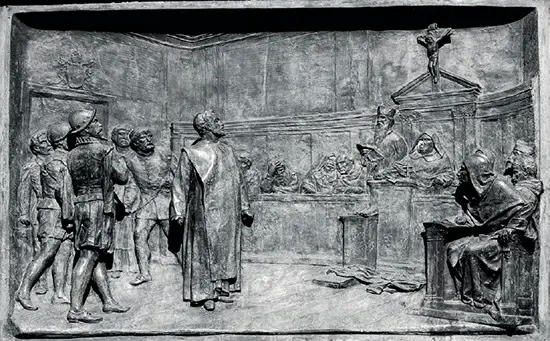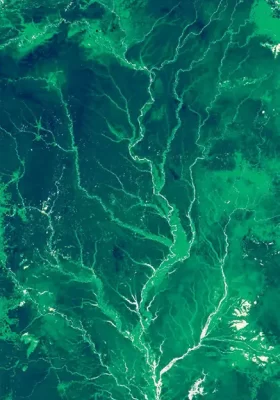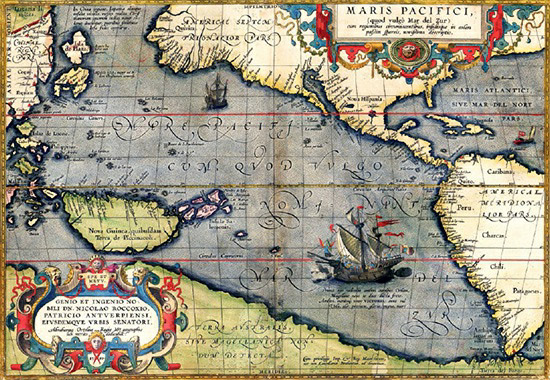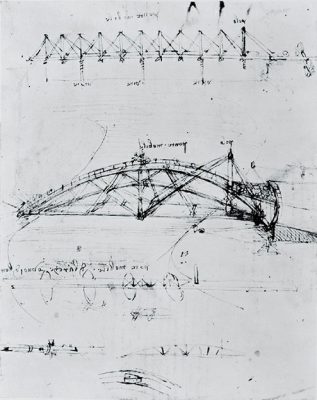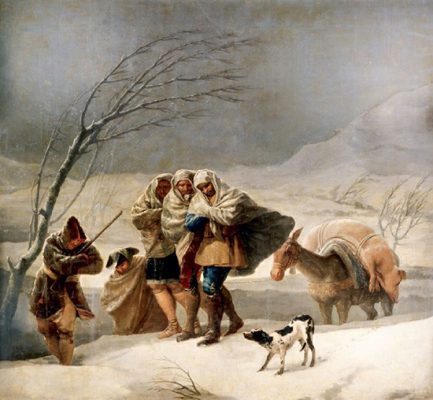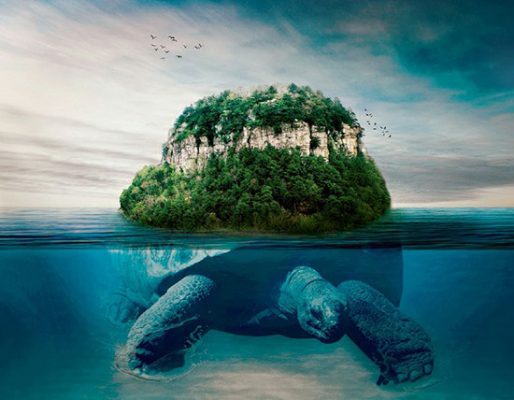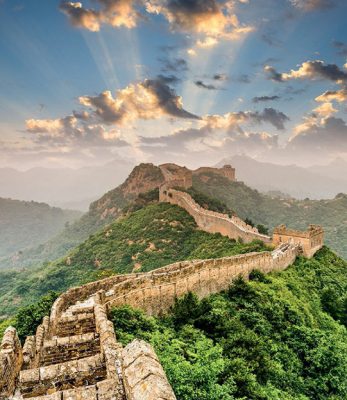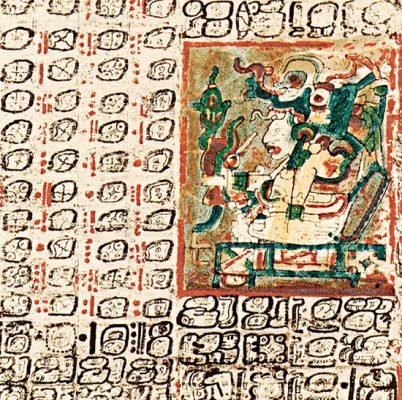1619: Kepler’s Revolutionary Laws of Planetary Motion
Johannes Kepler, a Renaissance-era German mathematician and astronomer, transformed the field of astronomy with his three laws of planetary motion. Kepler's work in the early 17th century, building on observations from Tycho Brahe and Galileo, [...]
1600: The Devastating Huaynaputina Eruption
The Huaynaputina volcano in southern Peru witnessed a catastrophic eruption in February 1600, one of the Andes' most severe volcanic events. Preceded by earthquakes and steam eruptions, its explosive Plinian plume significantly impacted the global [...]
1600: Giordano Bruno – Visionary of a Universe Beyond Earth
Giordano Bruno, an Italian philosopher and Dominican friar, was an early advocate of Copernican heliocentrism in the sixteenth century. His radical ideas extended beyond Copernicus, proposing an infinite universe with countless inhabited planets. Despite being [...]
1541: The Mighty Amazon River – Earth’s Largest Waterway
The Amazon River, either the longest or second-longest river globally, is unparalleled in its water discharge, contributing nearly 20% of the freshwater flowing into the world's oceans. Originating from diverse tributaries across South America, it's [...]
1519: Ferdinand Magellan’s Historic Voyage – The First Circumnavigation
Ferdinand Magellan's expedition (1519-1522) marked a pivotal moment in maritime history, achieving the first circumnavigation of the globe. Despite the high cost in human lives, including Magellan's own, this voyage demonstrated the vast expanse of [...]
c. 1500: Leonardo da Vinci and the Evolution of Civil Engineering
Civil engineering, a field pivotal to societal development, was exemplified by Leonardo da Vinci, a Renaissance polymath. His work spanned military and civilian projects, including city defense, weapon design, and bridge construction. Civil engineering has [...]
c. 1500: Understanding The Little Ice Age
The Little Ice Age, spanning from the 14th to 19th centuries, marked a period of cooler temperatures in the Northern Hemisphere. Notable for its significant climatic shifts, it led to expanded glaciation, longer winters, and [...]
c. 1400: Exploring Native American Creation Myths
Native American creation stories, passed down orally, offer profound insights into the cosmological beliefs of various tribes. These narratives often feature elements of the natural world and spiritual entities, reflecting a deep reverence for nature. [...]
c. 1370-1640: The Great Wall of China – A Monumental Feat of Engineering
Spanning over 5,500 miles, the Great Wall of China represents an extraordinary example of ancient architectural ingenuity. Originating from the 7th century BCE, it was extensively rebuilt during the Ming Dynasty. This colossal structure, combining [...]
c. 1000: Unveiling Mayan Astronomy – Insights from the Dresden Codex
The Dresden Codex, a surviving document from the Mayan civilization, reveals their advanced astronomical knowledge, rivaling that of early Greek and Arabic scholars. It includes detailed tables for tracking celestial bodies, predicting eclipses, and aligning [...]

